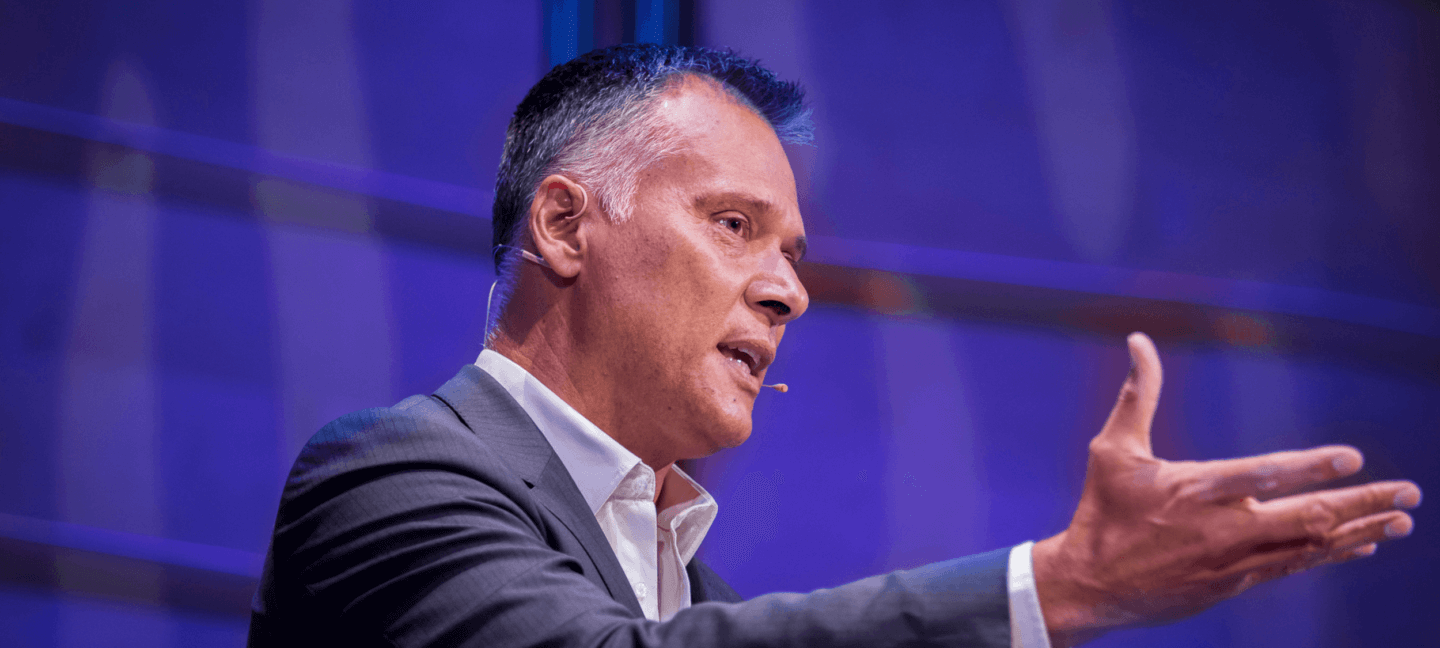
Arguments around “queerbaiting” show we have to believe in the private self again
Opinion + AnalysisSociety + Culture
BY Joseph Earp 3 JUN 2025
Back in 2020, pop star Harry Styles caused a stir when he made the supposedly taboo move of appearing on the cover of Vogue magazine wearing a dress.
The stir was probably to be expected, sadly. Though such fashion choices used to go largely uncommented upon, sexuality and gender has become a hot topic issue, and any public suggestions of gender fluidity or queer sexuality tends to prompt hysteria from conservative commentators. But it wasn’t just this group who had something to say. Styles’ dress also prompted a wave of discourse amongst progressives around “queerbaiting”.
Like so many contemporary culture clashes, at the heart of these arguments lie questions about the self: how much of someone else’s identity are we entitled to?
Queerbaiting and the demand for the entire self
At its heart, queerbaiting is a term applied to a suspected marketing strategy. The claim is that some artists and public figures court the attention of queer and allied audiences by pretending to be queer – or at the very least, suggesting that they are – in order to increase their fanbase, general public standing, and sales.
But knowing whether a public figure is actually queerbaiting, or if they are indeed queer, requires demanding access to key aspects of their identity, that once upon a time, we might have been more okay with them keeping private. Queerbaiting thus normalises our desperate hunger for, and perpetuation of, gossip – but here, it casts feeding that desire for gossip as some kind of moral act.
The least harmful examples of these investigations into public figures’ identity markers are basically just online gossip. For example, discussions around the sexuality of actors like Hugh Jackman, or filmmakers like Baz Luhrmann, have existed for a long time. The most harmful examples resemble old-fashioned “outing”. For instance, just a few years ago, one of the key players of the TV show Heartstopper felt pressured into publicly revealing their sexuality to avoid accusations of queerbaiting. “I’m bi,” he wrote. “Congrats for forcing an 18-year-old to out himself. I think some of you missed the point of the show.”
The need for a private self
Discussions about queerbaiting have tricked us into believing that we are not just entitled to a celebrity’s personal life because we are snoops, but because we gain something morally through that demand.
While it might be a well-intentioned, certainly – we should be suspicious of the behaviour of the ultra-rich and public figures trying to gain more capital, particularly when it comes to the harnessing of marginalised identities – that suspicion does not undo the need for privacy.
The demand that people must “out” themselves has always been problematic – but now, in an increasingly dangerous international political climate, such as the Trump administration emboldening anti-LGBTQIA+ groups, it has become actively harmful. When we try to convince ourselves that the entitlement to someone’s sexuality or gender is “logical” or reasonable, we start sliding down a pretty slippery slope, at risk of ending up in a place where marginalised groups have no right to privacy, in a world that has the potential to become only more hostile.
More than that, queerbaiting enforces a categorised, inflexible and outdated understanding of gender and sexuality that progressives have done a lot of work to abandon. Demanding that someone label themselves, when they might not be ready to do so, or might not even have the personal language yet to decide what precise label that they would use, makes the spectrum of sexuality seem unnervingly rigid.
After all, experimenting with a fluid sexuality and gender can be, in some cases, a slow process. Forcing someone to label themselves, when they may just be at the beginning of that journey, goes against so much good work that progressives have done to create a freer culture. The worry is not, necessarily, that celebrities themselves are being harmed by queerbaiting – but that the direction of the public discourse will have a trickle down effect, one that will normalise non-ideal practices and behaviours.
It was the philosopher John Stuart Mill who most carefully laid out the importance of the “private sphere.” For Mill, every person should be entitled to thoughts, beliefs, and sometimes even actions, that were outside the remit of the state and others – that belonged only to them. Mill foresaw that trying to police such a private sphere was akin to a kind of intellectual fascism: as soon as we let go of our private selves, we make our whole selves controllable.
Importantly, Mill believed that actions and beliefs in the private sphere stopped being ungovernable when they harmed others – he did not think that we were just free to do whatever we liked, under the guise of our privacy. But he did believe that we were entitled to a self which was ours and ours alone.
We would do well to remind ourselves of Mill’s argument. Celebrities sign up to giving a great deal of themselves to the public eye – but that does not mean that they need to give all of it. Even a public figure is allowed a private self. And when we forget that, and we start demanding more and more, we normalise the harmful attitude that privacy is something that can be given up, rather than an inalienable right that we should all enjoy.

BY Joseph Earp
Joseph Earp is a poet, journalist and philosophy student. He is currently undertaking his PhD at the University of Sydney, studying the work of David Hume.
Ethics in your inbox.
Get the latest inspiration, intelligence, events & more.
By signing up you agree to our privacy policy
You might be interested in…
Opinion + Analysis
Business + Leadership, Politics + Human Rights, Society + Culture
Drawing a line on corruption: Operation eclipse submission
Opinion + Analysis
Society + Culture
Should we be afraid of consensus? Pluribus and the horrors of mainstream happiness
Opinion + Analysis
Politics + Human Rights, Society + Culture
What comes after Stan Grant’s speech?
Opinion + Analysis
Society + Culture




